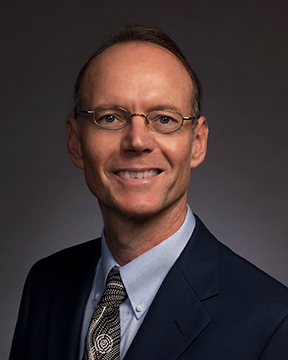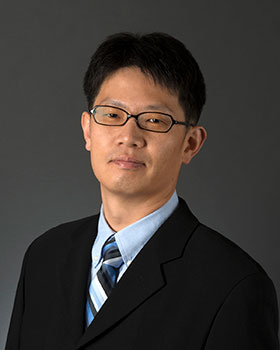Funding from the Baton Rouge Area Foundation
Pacific Ecosystem Based Adaptation to Climate Change Project
Informing Pacific Islands adaptation decision making using coastal wave attenuation models
Completed 2018
The Challenge
Like coastal communities all over the world, countries in the Pacific Islands face shoreline erosion, subsidence, sea level rise, and other challenges to the resilience of their economies and residents.
The Approach
Using lessons learned in Louisiana, The Water Institute of the Gulf worked with communities in the Pacific to determine how best to stabilize eroding shorelines and provide more resiliency to ocean forces.
This project was done in partnership with the Pacific Ecosystem Based Adaptation to Climate Change (PEBACC) project being implemented by the Secretariat of the Pacific Regional Environment Programme (SPREP). The Institute specifically worked with the communities on Taveuni Island, Fiji. The Institute’s focus was to provide technical support for addressing coastal erosion issues, as these communities prioritize an array of ecosystem-based adaptation options to adapt to climate change.
Starting with a fact-finding trip in March 2017, the Institute followed up with a trip in June 2017 to start collecting data with a focus on the Somosomo and Naselesele villages on Taveuni Island. Wave monitoring instruments were placed across the lagoons to continuously take detailed measurements including wave period, height, and water depth while the Institute team was in Fiji. In addition, the team measured land elevation using a Light Detection and Ranging (LIDAR) sensor, a remote sensing method that uses a laser to create a visual image of elevation, as well as measuring water depth in the lagoon and vegetation along the shorelines. Instruments collecting wave data were picked up by the Institute the fall. This data was used by the Institute to develop coastal wave and erosion model that better informed the villages as they made decisions on the best adaptation actions to improve their resiliency.

